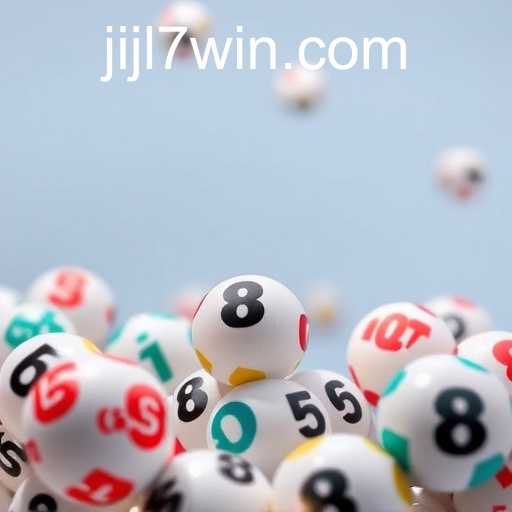Explore the history, appeal, and evolving nature of lottery games, with a focus on the innovative jijl7 card system.
Understanding the Dynamics of Lottery Games
winzirLottery games have long captured the human imagination, offering the tantalizing prospect of sudden, life-changing wealth. From ancient drawings to modern electronic systems, lotteries have evolved significantly over the centuries, becoming a staple of entertainment and a substantial source of revenue in many countries. Amidst the diversity of games available today, jijl7 card systems are revolutionizing the experience of lottery players across the globe.
mnl777The Origins and Evolution of Lottery Games
Historically, lotteries can be traced back to ancient civilizations. The Chinese Han Dynasty (205-187 BC) used keno slips as a form of lottery to fund major public projects like the Great Wall of China. Similarly, in Rome, Emperor Augustus offered tickets as a form of amusement and charity. These rudimentary systems laid the groundwork for what would become a global gaming sensation.
Modern Lottery Structures
Today, lotteries operate globally, each with variations that cater to regional preferences and legal frameworks. Typically, lottery games involve players purchasing a ticket with a set of numbers. Drawings happen either through mechanical means or electronically, and the winners are determined by how accurately their numbers match those drawn in the game.
Lottery operators have continually sought ways to innovate and sustain player interest. Technological advancements have ushered in new possibilities such as online ticket sales and electronic instant games, expanding the reach of lotteries beyond geographical boundaries. This evolution ensures that lotteries remain relevant and engaging in a rapidly changing digital world.
Exploring the Appeal of Lottery Games
The allure of lottery games lies in their simplicity and high potential returns. For a relatively small investment, players stand the chance of winning jackpots worth millions. This dream of turning a modest stake into a fortune draws a diverse crowd, from casual players hoping for a lucky break to dedicated enthusiasts who employ strategic play patterns.
77jlLotteries also offer variously tiered prizes, ensuring that even if players do not hit the jackpot, they can still win smaller amounts. This structure enhances the appeal by increasing the chances of any return on investment, however slight, thereby boosting the overall player experience.
39jlJijl7: A New Player in Lottery Systems
One of the newest and most intriguing innovations in the lottery sector is the jijl7 card system. This advanced platform integrates technology to enhance player engagement and simplify the lottery experience. Unlike traditional lotteries that rely purely on luck, jijl7 introduces an element of strategy.
The concept behind jijl7 involves a unique mix of pre-determined outcomes using card-like interfaces. Players can select different participation strategies, making choices that could potentially affect their overall chance of winning. With interactive interfaces and flexible participation methods, jijl7 is transforming the lottery landscape.
The Economic Impact of Lottery Games
Lotteries contribute significantly to the economies where they operate. They generate substantial revenue through ticket sales, often redirected towards public welfare programs, education, and infrastructure projects. By injecting funds into state economies, lotteries play a pivotal role in supporting social welfare initiatives.
Moreover, lotteries create employment opportunities, ranging from marketing and sales to administrative and technical roles needed to sustain the industry's infrastructure. This impact further underscores the value of lotteries beyond merely entertaining the masses.
Responsible Gaming and Regulation
With the widespread popularity of lotteries, regulatory frameworks are essential to ensuring responsible gaming. Authorities impose rules to prevent underage gambling, compulsive play, and fraudulent activities. Regulators oversee the legitimacy of games and fairness in prize distribution, thereby maintaining public trust and confidence in the efficacy of lotteries.
Efforts to promote responsible gaming have led to the enactment of mechanisms such as self-exclusion programs, spending limits, and educational campaigns. These measures aim to mitigate the potential negative effects of excessive gambling while preserving the integrity of lottery systems.
Conclusion
The ever-evolving field of lottery games continues to capture public enthusiasm. With the introduction of innovative systems like jijl7, players are treated to a revolutionized gaming experience that blends the traditional appeal of lotteries with modern-day technological advancements. As lotteries progress, they remain a prominent form of entertainment that embodies the universal hope of winning against the odds.
mnl777



